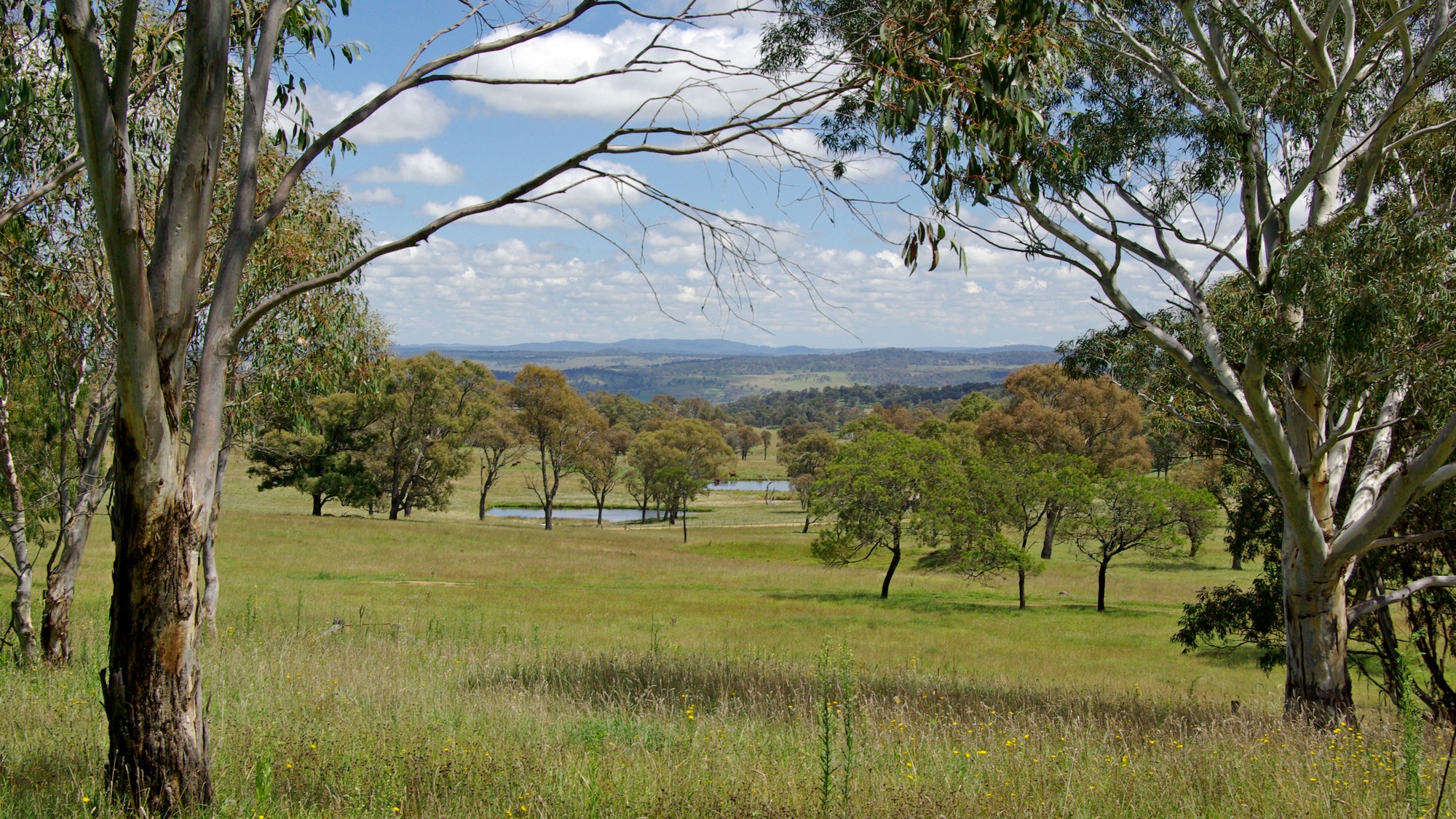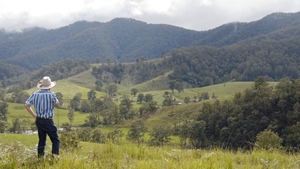Be Clear on Family Goals
Posted: 14th December 2015
Posted in: Rural
I have said it before, and I will say it again, selling the family farm can be one of the most traumatic experiences an individual, and a family, can go through.
Often, the farm is far more than just an asset that is to be disposed of. It is usually the owners’ home and a large part of their heritage. Quite possibly the farmers have been through hell and high water to purchase, maintain or expand the farm. They feel the farm is a part of them, and that they are a part of it. The soil and the shit are jammed in the cracks on their hands and under their fingernails to prove it. The lines around their eyes, the rubbery necks and crusty Basal Cell Carcinoma on the backs of hands and on their faces are testament to long, physical hours in the sun. When checking stock and having a look around the paddocks, they know a story from each one… Sarah hit a rock in the Toyota and broke the springs here; Jim first cantered by himself up that hill there; this paddock was full of blackberries ten years ago, now look at the pasture! That bloody dog pushed a bull through that fence there. A lifetime of memories are woven to make the very fabric of a family farmer, and that goes to create an unconditional attachment to that piece of land.
These same farmers have dropped the kids off to private boarding school in the old wagon that they haven’t replaced because the kids, the tractor and the fertiliser come first in the budget. The asset is worth millions, but the cashflow hasn’t always been so kind.
So, it is no wonder that sometimes there may be a degree of reluctance by some to enter enthusiastically into the sale process, even though it may have been talked about amongst family members for some time. It is all too confronting. Perhaps the younger generation sees the sale of the farm as a way for them to branch out on their own (assuming they’ll benefit from the proceeds), or perhaps they are in total despair because the property won’t be in their eventual ownership.
Then throw in an eager purchaser, who has decided this is the place for him, and is keen as mustard to take over.
What happens is that there are a whole heap of different emotions and feelings about the sale. Everyone has their own angle and personalities sometimes clash.
For this very reason, it is imperative sellers discuss their life goals with one another. They should seek advice from their existing counsel and consider approaching a financial planner who specialises in helping rural families. They should also consider legalities and tax implications of selling, keeping, leasing or whatever.
Then, once those goals are known, they should speak with agents, and get their ideas to add to the mix.
A plan can then be formulated to best achieve these goals. Once the plan has been carefully considered, and not withstanding unforeseen circumstances, adopt and stick to it. If it does change along the way, make sure everyone is aware of the changes.
Changing goals mid way through a marketing campaign can have huge ramifications; the most significant one is that the vendor loses credibility in the market. If, for example, a vendor tells the market he is selling then changes his mind there is a risk buyers will behave extra cautiously if the place comes back on the market at a later date.
To avoid damaging their chances in the market, sellers should be clear about the life and business goals before the marketing process. The market hates “grey areas”. Sending clear market signals is an imperative of effective marketing.
If you have a client who is a farmer considering selling their property, consider delving in a bit, to ensure everyone comprehends the goals and the process of the sale.
Like I say, selling the family farm is a huge deal. Everyone involved must be clear about what is to be achieved, and it’s not just “selling the farm”. If only it was that easy.
Graham MacDougall
MacDougall Rural Property
02 6772 4200
Graham MacDougall has a lifetime association with rural property. In addition to over 30 years in the cattle industry, for the past 10 years he has been specialising in the marketing of commercial agriculture and rural lifestyle properties in northern New South Wales.
This article is not advice. Readers and interested parties should seek their own advice from a qualified practitioner.




